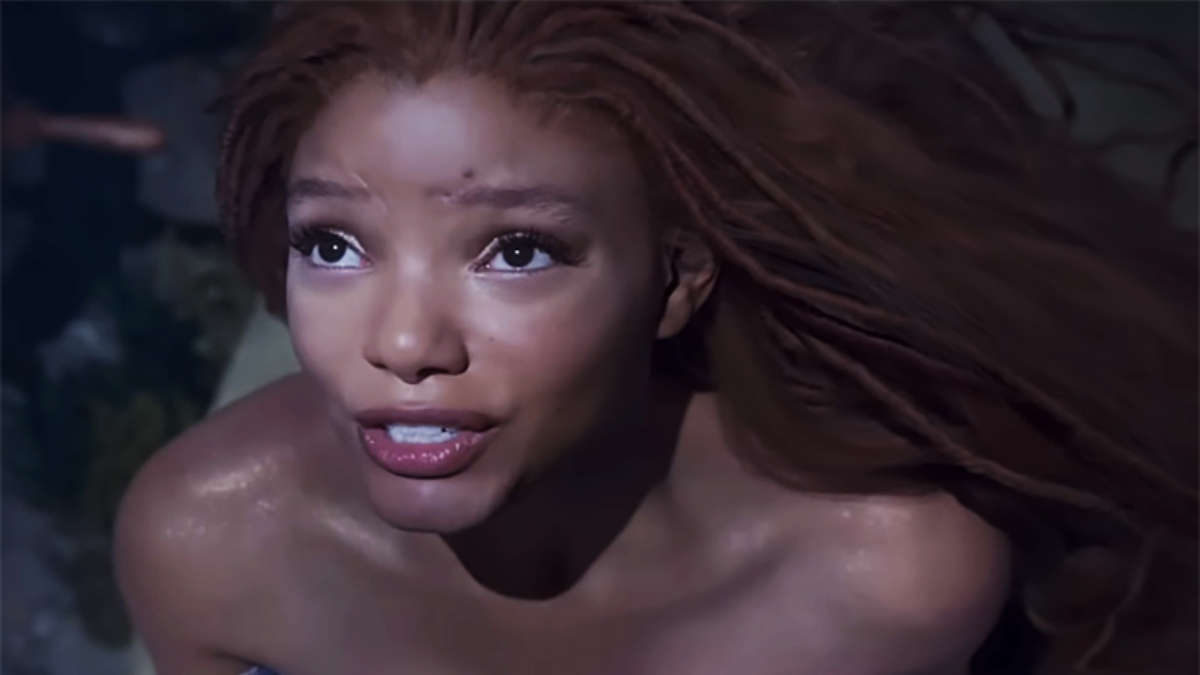This May, audiences will get another one of Disney’s live-action money-making remakes of their animated films when The Little Mermaid releases. In the runup to the project, grown men way too invested in a children’s cartoon went nuts when it was revealed a Black woman was playing the titular role and now Halle Bailey has opened up about just what this was like.
In a new article for The Face, the 22-year-old says she cried when she first received the news she had won the role of Ariel. Of course, after it was announced, bigoted hashtags began to spread on Twitter and other forms of social media, and in response, former Ariel actress Jodi Benson spoke up for Bailey. Benson was joined by the similarly-named Halle Berry, and then a wave of younger Black folks shared their reactions, or those of their children, to the initial trailer online. The wave of kids exclaiming “she’s Black like me!” reached the woman whose career began as a musician, and she admits she cried after being numb to the initial evil.
“I was crying all night for two days, just staring at them in disbelief … As a Black Person, you just expect [backlash] and it’s not really a shock anymore. Honestly, when the teaser came out, I was at the D23 Expo and I was so happy. I didn’t see any of the negativity. [The reaction videos trend] makes me feel more grateful for where I am. Right now, I am really, really happy.”
Later in the report, Bailey says she is working on her first solo album, which she hopes to release after The Little Mermaid, and is nervous about her first two pieces of work being adaptations. After The Little Mermaid, she will be in a new take on The Color Purple, and says while she wants people to like what she does in each, it is not the end of the world if they do not do so as well.
“I hope people like my versions. But at the same time, I’ll respect it if they don’t.”
The remake of The Color Purple comes out on Dec. 20. Bailey will play young Nettie Harris in it. This movie tells the story of the life and struggles of a Black woman living in the South in the early 1900s, and was previously adapted by Steven Spielberg in 1985. He returns to this version as a producer alongside others like Oprah, Quincy Jones, and Scott Sanders, too.
